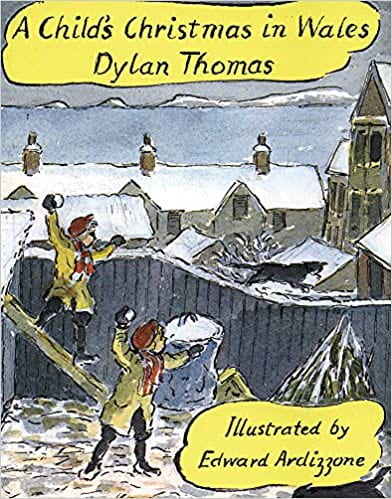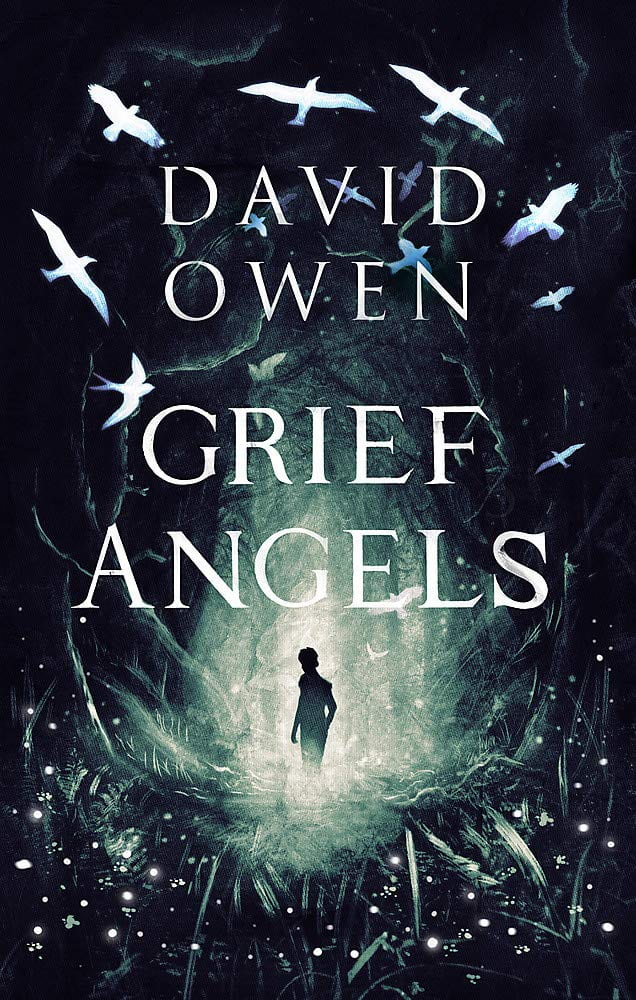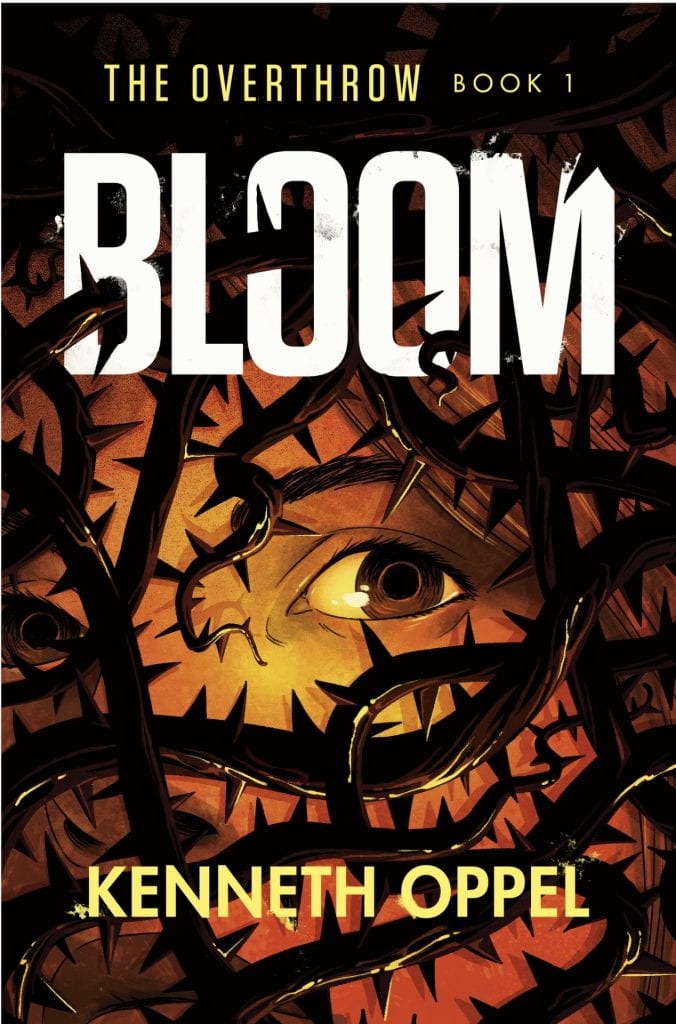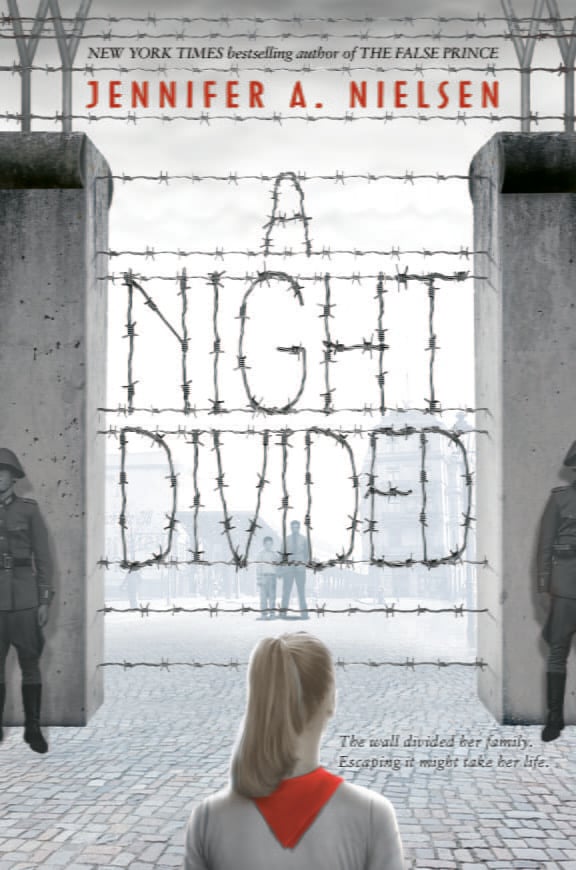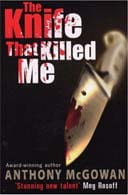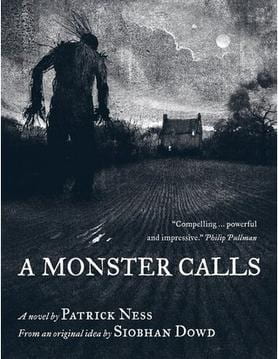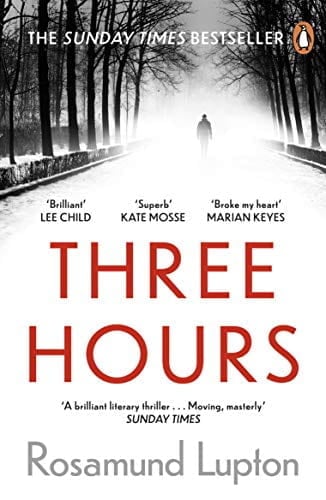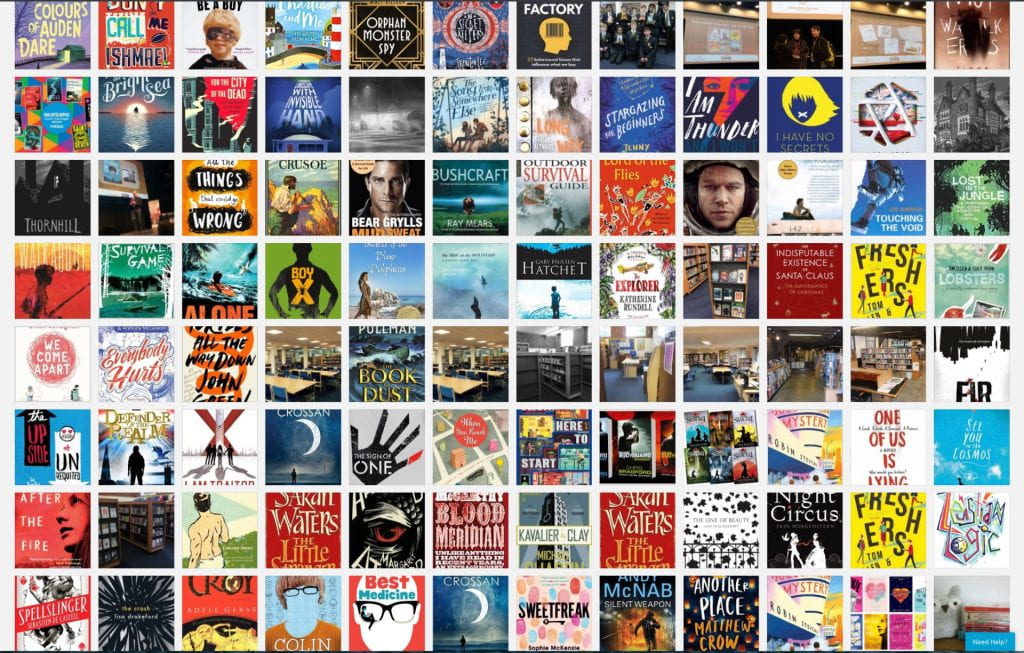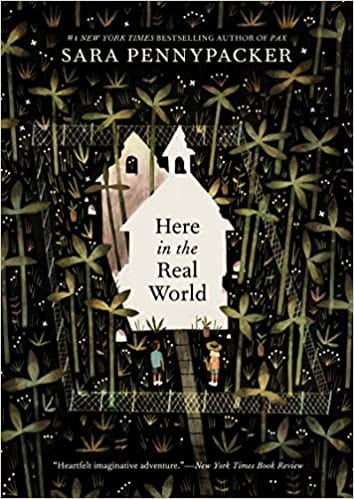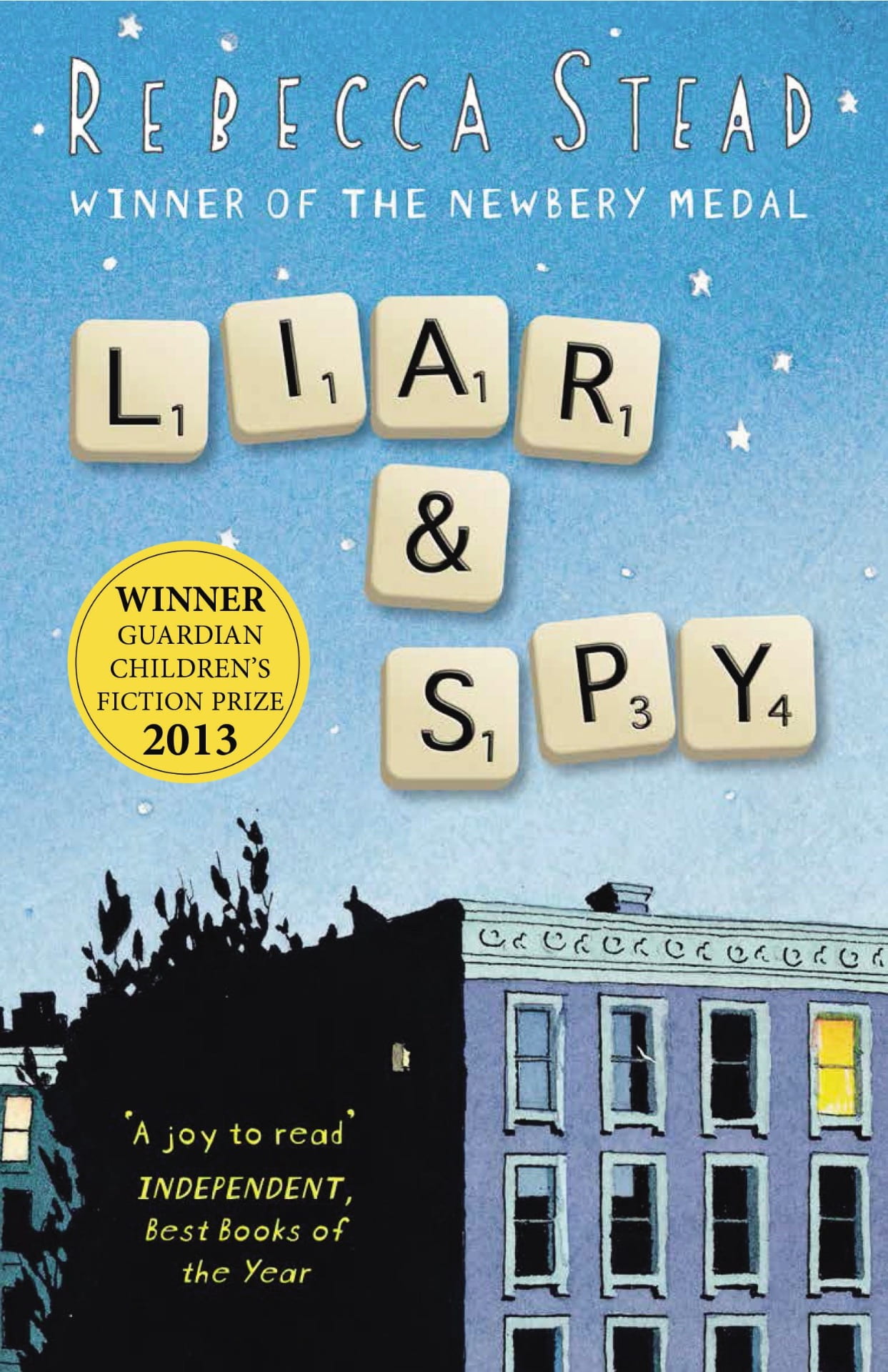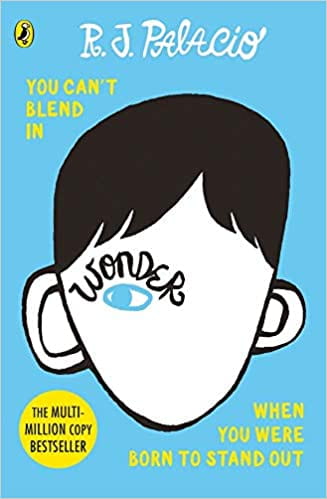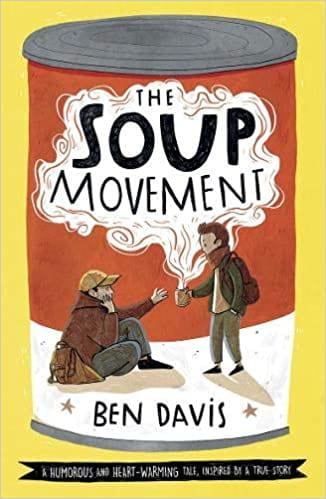The Dark is Rising by Susan Cooper and A Child’s Christmas in Wales by Dylan Thomas
Books of the Week: 13 December 2020
In a wintry Buckinghamshire village, Will Stanton is waiting impatiently for his birthday the next day. Christmas is not far off and he is hoping for a crisp covering of snow. When he and his brother visit a nearby farm to fetch hay for their rabbits, they notice a throng of unusually noisy rooks that appear to be as spooked as the boys’ pet rabbits were when they fed them earlier. In addition to an encounter with a strange homeless-man, these signs make Will feel uneasy and threatened. When he shares this with Mr Dawson, the farmer, he is told ‘The Walker is abroad … And this night will be bad, and tomorrow will be beyond imagining.’ If you suspect that this means we are in for a tale of the magical and fantastical, you would be right. Will discovers he is no ordinary eleven year old, but one of the the Old Ones who must bear the burden of fighting the powers of Darkness throughout history.
This is the second book in The Dark is Rising sequence and I have chosen it because it is a landmark in fantasy writing for young people, because it is set at Christmas and because it is a wonderfully atmospheric read. Susan Cooper conjures a landscape that is drenched in history and the power of myth and folk magic, with a force of darkness that controls the natural world and threatens harm to ordinary people. Will may have his powers, but he feels isolated from his family and everyday life by his newfound knowledge. The whole story keeps us in a state of persistent dread. Although the first book in the sequence is Over Sea, Under Stone, it won’t spoil the experience if you read The Dark is Rising first and then go back to that one. The others are Greenwich, The Grey King and Silver on the Tree. In some of these the action moves to Wales, the setting of my next choice.
A Child’s Christmas in Wales is more a very short story than a book, but reminds me of growing up in Wales. I’ve chosen it for the humour and rich language. Who could resist rolling descriptions such as this:
Years and years and years ago, when I was a boy, when there were wolves in Wales, and birds the colour of red-flannel petticoats whisked past the harp-shaped hills, when we sang and wallowed all night and day in caves that smelt like Sunday afternoons in damp front farmhouse parlours and we chased, with the jawbones of deacons, the English and the bears, before the motor-car, before the wheel, before the duchess-faced horse, when we rode the daft and happy hills barebacked, it snowed and it snowed.
These are my final book choices as the Librarian of King Edward VI School because I will be retiring at Christmas after thirteen years in the job. It has been a privilege and pleasure to share books and reading with so many wonderful students and colleagues over the years. This blog will still be here to search for recommendations, but will of course no longer have an association with the School and the pictures and logo will all have changed by the end of this week.


